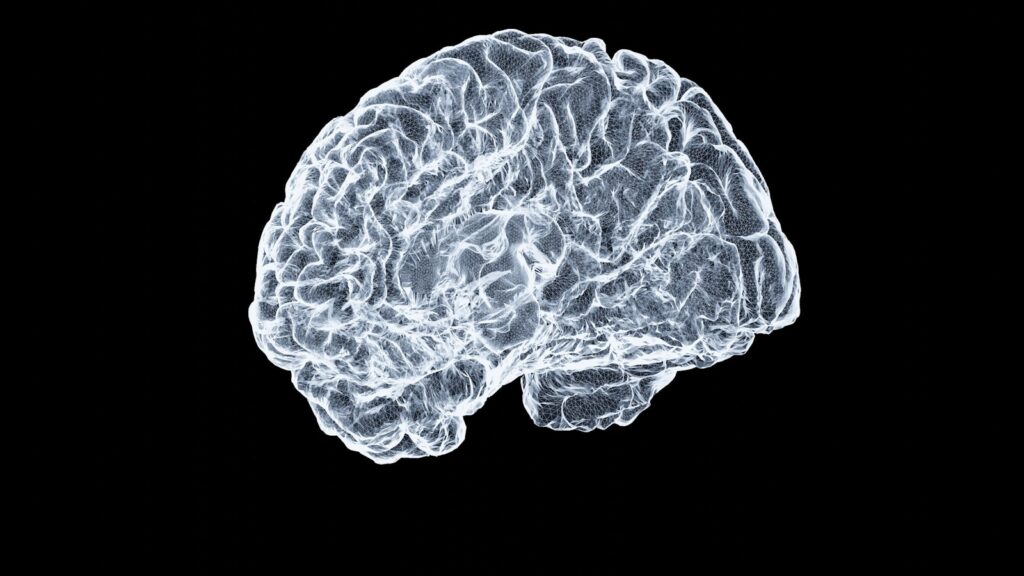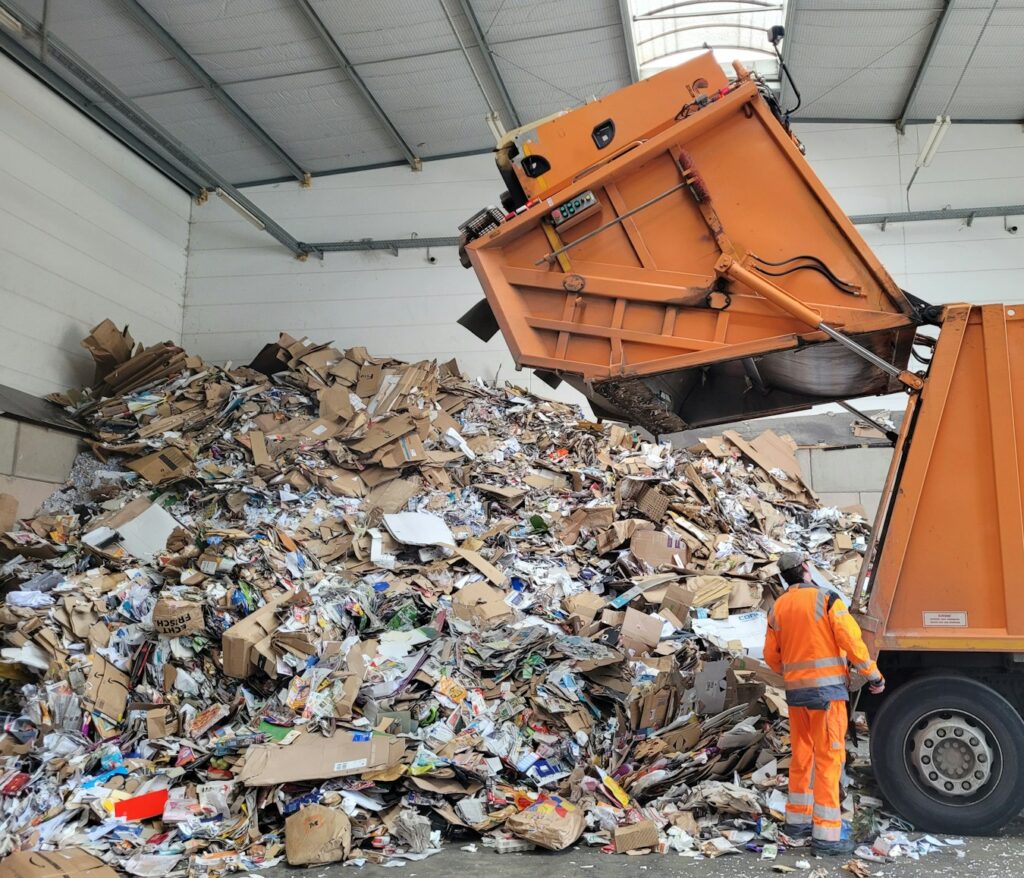Climate change is already posing major risks to people’s health with the problem only set to get worse if urgent action is not taken to reduce emissions.
This is according to a new report by the European Academies’ Science Advisory Council (Easac), which represents experts from 27 national science academies across Europe.
The authors of the report said that people are not just vulnerable to the direct effects of extreme weather events such as searing temperatures and droughts, but will also face indirect consequences such as a wider spread of mosquito-borne diseases if global warming is not limited.
Professor Sir Andy Haines, a working co-chair of the report for Easac, warned: ‘If urgent action is not taken to reduce emissions in order to keep temperatures below the 2°C (or less) limit enshrined in the Paris Climate Agreement, we face potentially irreversible changes that will have wide ranging impacts on many aspects of health.’
The report, The Imperative of Climate Action to Protect Human Health in Europe, looked at scientific evidence of the effects of global warming on health, with the Arctic and the Mediterranean the European territories most vulnerable to the impact of climate change.
Among its predictions are the spread of infectious diseases across Europe, as warmer temperatures will lead to the movement of mosquitos and ticks which cause dengue fever and Lyme disease.
Despite this, it said that action to reduce carbon emissions can still bring significant benefits to health, such as by avoiding hundreds of thousands of premature deaths in Europe each year caused by air pollution.
Reducing meat eating and adapting to increasing threats from heat and disease will also have major health benefits, while Easac said that ‘more work is needed’ on finding an alternative to gross domestic product (GDP) as a measure of societal progress.
‘The economic benefits of action to address the current and prospective health effects of climate change are likely to be substantial,” the report concluded.
The report’s authors said they hope it will act as a ‘wake-up call’ and draw attention to the urgent need to decarbonise the economy.
Easac said that the EU’s aim must be to achieve a zero-carbon economy before the year 2050.
‘The protection of health must have a higher profile in policies aimed at mitigating or adapting to the effects of climate change,’ Prof. Sir Andy Haines added.
The Paris Agreement commits countries to try to keep global warming below 2C above industrial levels, with experts saying that limiting the increase to 1.5C will substantially reduce the risks posed by climate change.















